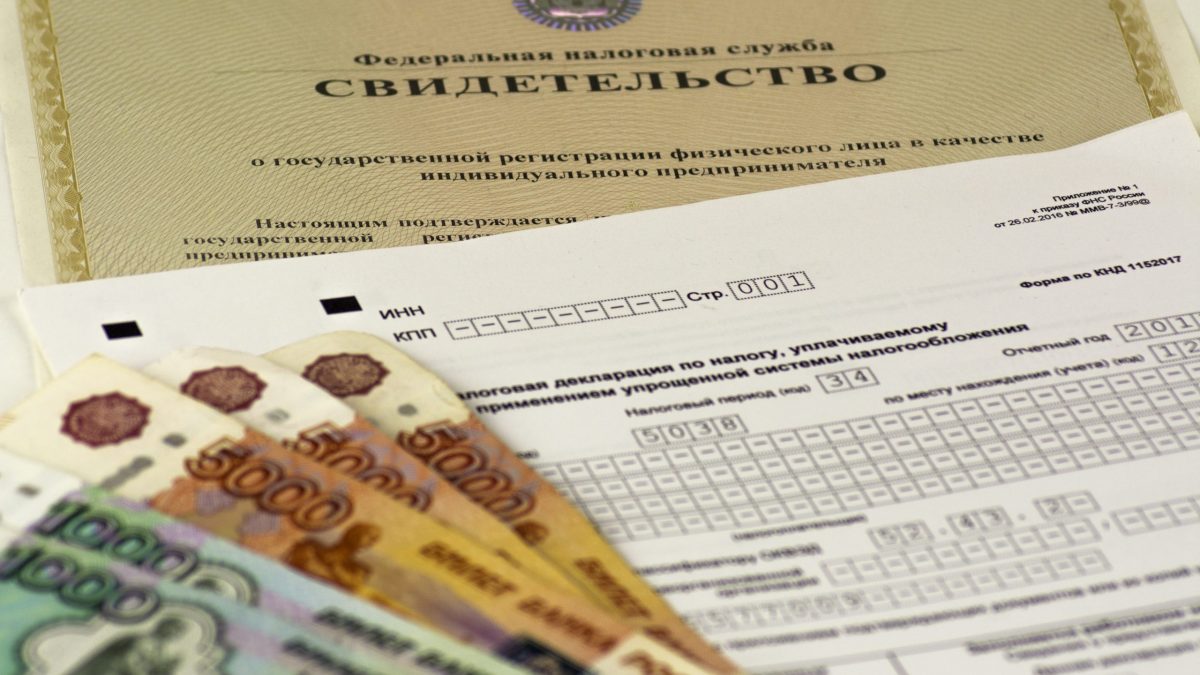
How will the Bank of England’s Bank Rate impact the economy?
December 31, 2019
What to do when you are in a car accident
January 1, 2020Anywhere you are in the world, you will have assets in your name – whether it be money in savings accounts, mutual funds, or assets outside your country. In one way or another, you will need to report your assets to the government. Failing to do so, you might incur lots of fees or even litigation charges. Here are some of the critical points that you should know about declaring your assets.
1. Know About the FATCA
According to the FATCA (Foreign Account Tax Compliance Act), financial institutions are required to report any kind of information regarding a US taxpayer with an account overseas. Disclosure of Foreign Asset is something that you should keep in mind.
To comply with the law, foreign banks will send your information, which includes your address, name, account numbers, balances, and ID to the IRS. Usually, foreign banks will ask you to fill out a Form W-9 or Form W-8 if you lived in the States or are a US citizen.
2. Double Taxation
Declaring your foreign assets may lead to double taxation. Maintaining another account in a foreign country will not help you escape tax. On a good note, if your foreign accounts are already subject to US tax, you might be eligible for itemized deductions on foreign taxes. In addition, you should also check out tax treaties because some tax treaties give you preferential or event exempted tax rates.
It is best to be aware of these so that you do not get charged twice for tax. Knowing the tax treaties will also allow you to avail of the tax exemptions if not the preferential tax rates, which will save you a lot of money.
3. Incur Penalties
Another point to note when declaring your assets is that if you do not declare it properly, you might incur penalties. For instance, taxpayers are required to file the FBAR (Foreign Bank Account Report). If taxpayers fail to do so, they will face criminal and civil penalties. For non-willful violations, the IRS will charge a fine of $10K for every violation. On the other hand, for willful violations, the IRS will charge 50% of the balance in your offshore account.
4. Don’t Forget Declaring Your Debts
When declaring your assets, you should not leave out the debt portions. Receivables, life insurance, securities accounts, accrued interest, and such are still part of your assets. Money that you have lent out to friends or receivables from third parties should still be included when you declare your assets because these are assets that have not yet been convertible to cash. These are asset entries that people usually miss out on.
5. Threat To Privacy
Another critical point when declaring your assets is the vulnerability that you get yourself into. Although public disclosure of assets does not violate data protection and privacy laws, it will leave you exposed. Once you declare your assets, your privacy is already compromised, and your net worth is out for the world to see. However, it is also being used as a tool to prevent corruption.
6. Know Declaration Inclusions
In your asset declaration, you might get mixed up or miss declaring some of your additional assets. Usually, you should declare all your personal property, land improvements, real property, investments, cash on hand, cash in banks, stock shares in companies, equity shares, bonds, receivables, business interests.

Because land is also included, you need to make sure to have regular appraisals for your land and property to get their market price and be able to report it properly. Even improvements on your land should be included in your asset declaration. Furthermore, if you have your own business, the capital that you put into that company should also be reported.
In addition to that, even if you have a spouse or children under the age of 18, you also need to include this in your declaration for assets. It is by law that you and your spouses’ assets are considered as conjugal property. Since your children are still young, anything that they have including their trust funds are also considered as your assets. That is why you need to declare it as well.
Conclusion
With the ever-growing rate of corruption and tax evasion cases, the government has been stricter about declaring assets. To protect yourself, be informed with the critical points listed above regarding declaring assets. Know the consequences and how to do it properly by filing the right assets. This way, you will not fall into any traps or make mistakes.





